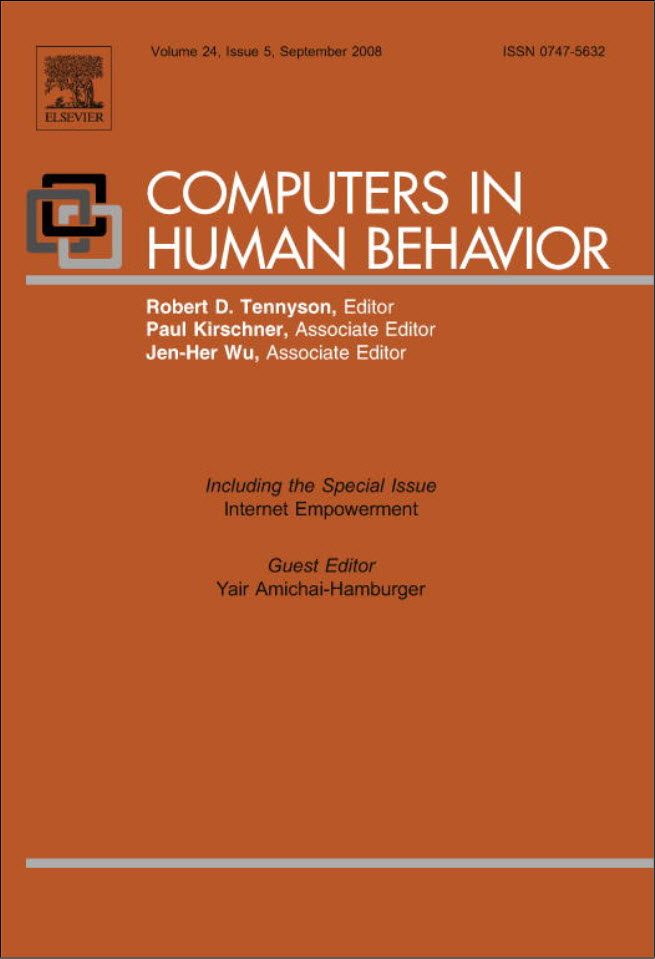
Bullying has long been a concern of youth advocates (e.g., educators, counselors, researchers, policy makers). Recently, cyberbullying (bullying perpetrated through online technology) has dominated the headlines as a major current-day adolescent challenge. This article reviews available empirical research to examine the accuracy of commonly-perpetuated claims about cyberbullying. The analysis revealed several myths about the nature and extent of cyberbullying that are being fueled by media headlines and unsubstantiated public declarations. These myths include that (a) everyone knows what cyberbullying is; (b) cyberbullying is occurring at epidemic levels; (c) cyberbullying causes suicide; (d) cyberbullying occurs more often now than traditional bullying; (e) like traditional bullying, cyberbullying is a rite of passage; (f) cyberbullies are outcasts or just mean kids; and (g) to stop cyberbullying, just turn off your computer or cell phone. These assertions are clarified using data that are currently available so that adults who work with youth will have an accurate understanding of cyberbullying to better assist them in effective prevention and response. Implications for prevention efforts in education in light of these revelations are also discussed and include effective school policies, educating students and stakeholders, the role of peer helper programs, and responsive services (e.g., counseling).
Sabella, R. A., Patchin, J. W., & Hinduja, S. (2013). Cyberbullying myths and realities. Computers in Human Behavior, 29(6), 2703-2711.
If you are unable to access the article at the link above, please email us and we will send you a copy.








Some of these claims are obvious exaggerations, whereas others are mere misconceptions. For instance, I don’t agree that turning off a computer is enough to stop cyberbullying. The problem is that even taking place in cyberspace, this form of bullying has serious implications in real life. Most classmates are aware of cyberbullying instances and they don’t make it possible to simply forget about it.